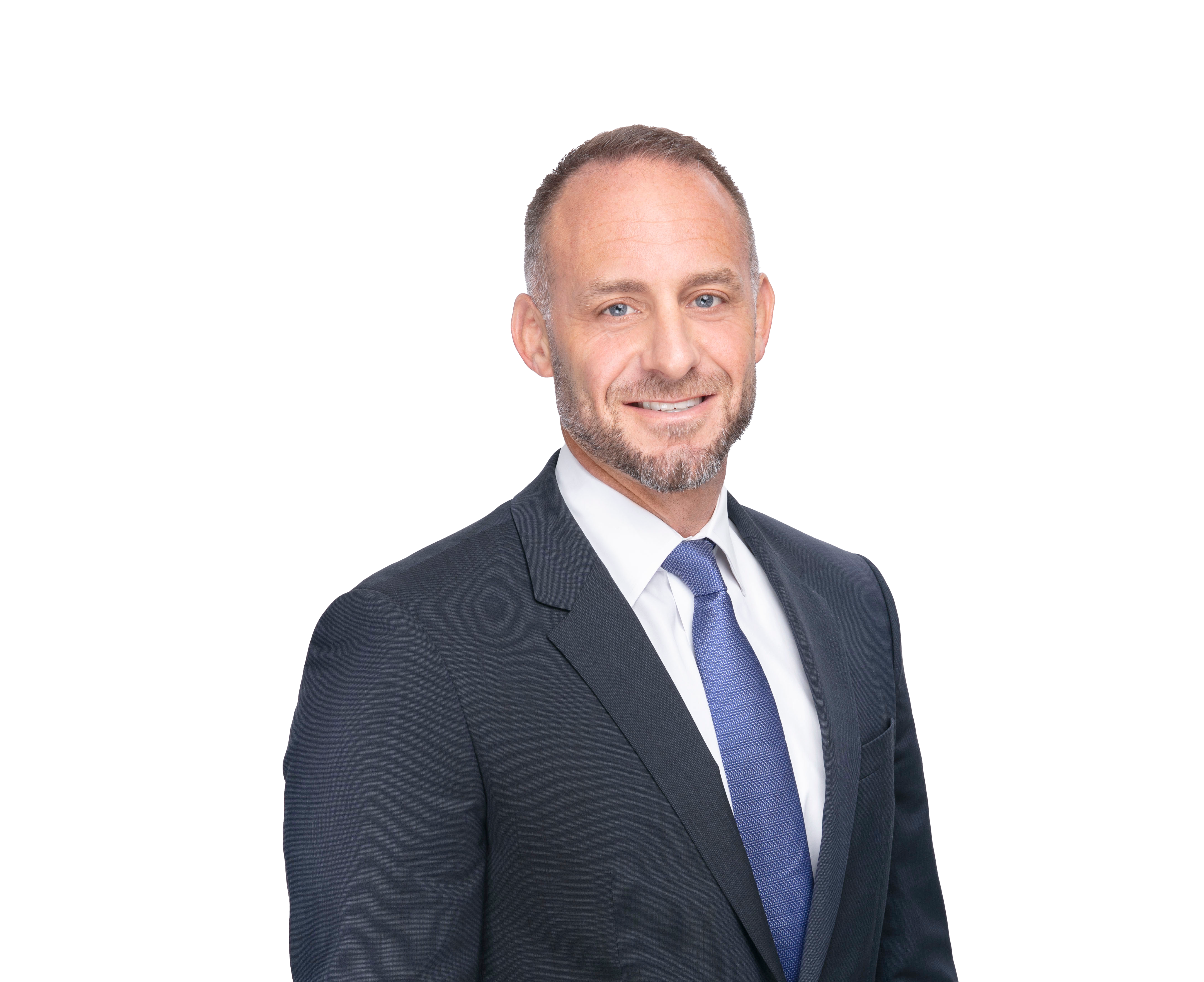
Well, when people come in to do an estate planning consultation, most of them come in saying, “I need a will.” Because everybody’s heard about wills. You’ve seen them in movies, and you know there’s all sorts of interesting things developed around them. But I like to start with what I call “the basic documents.” And those are a durable power of attorney, health care surrogate, and living will.
Those three documents take care of you during your lifetime. The will is great for after your lifetime, and that’s a great gift to give to your beneficiaries, but I have a primary obligation of taking care of you. So let me talk about the three of those in order –
1. The durable power of attorney is a property-focused document. This gives somebody else the ability to deal with your assets right now in a way that hopefully is beneficial to you. One misconception is that people will sign it thinking that, “If I become incapacitated then this document kicks in and people can use it.” And it used to be that way in Florida but back in 2011 they changed the law and now the moment that you sign the document it’s effective. So you have to pick your agent very carefully.
Now I always tell people you need to pick somebody that you really trust. And in many instances, especially married couples, they’ll pick one another, and then they’ll usually have one or two children after them, but they have to make sure that they trust them completely.
I have seen situations where agents have abused their power, and it’s a very bad situation to be in. But by having the durable power of attorney, you put yourself in the position that if you do become incapacitated, somebody’s already there and already has the ability to go to the bank and say, “Hey, I need to get control of the bank account here so I can pay bills,” or, you know, “My brother has had an accident. This is a 3-story house. He can’t climb stairs anymore; we need to sell the house.”
If you don’t have the power of attorney, you’re going to have to get a guardianship to be able to do that. And that’s even true with married couples. Sometimes people think that because they’re a married couple, they own the house, “Oh, either one of us can sell the house.”
Nope!
You both have to sign and if one of you is incapacitated, guardianship is in the works. And I’ve had to do that before. It was thousands and thousands of dollars in guardianship expenses that could have been avoided if they’d simply had a very simple and inexpensive durable power of attorney.
So that’s the primary document. I want everyone to have one of those.
The other two documents, the health care surrogate and the living will, are health-related documents. They don’t give any power over property, but if you get in a situation that you are incapacitated, now you’ve set up somebody, or some persons, who can step up and make those decisions for you. And actually, I see them as being a little bit different.
2. The health care surrogate is a document where you name someone who, if you are incapacitated, they can come in, get information from the doctors, make an informed decision, [and] sign all the paperwork that needs to be signed to make things happen. They’re really acting in that situation to truly make those decisions based on their best judgement, because there’s no way we can anticipate every possible thing that can happen to you. OK?
3. The living will (and some people call it the “pull-the-plug document”), it has a slightly different focus. In this instance, you are saying that, “If I have certain conditions,
-
- if I have a terminal condition
- if I have an end-stage condition, or
- if I’m in a persistent vegetative state
If one or more of those things are true and the doctors have said medically there’s no reasonable hope of improvement from this, I’m already declaring my decision that I want certain things to happen.”
And so in that case the surrogate that you pick isn’t so much making the decision, as they are enforcing the decisions that you’ve already made.
I always set them up as three separate documents. I know other attorneys will do them as just one. I don’t like to do that because I don’t want to mix property issues with health issues, and I’ve also had enough clients tell me that, with regard to the health care surrogate, they’ll have a family member who they like having with them, they have just, you know, a good way about them, they remember things, but they’re a softy, and when it comes time for them to go they’ll never tell somebody to pull the plug.
And so I actually had one client tell me, “I want you to make my daughter my health care surrogate; I want you to make my son my proxy on the living will because he can’t wait for me to die and get his inheritance. He’ll tell them [to] pull the plug when the time comes.”
The will is great for after your lifetime, and that’s a great gift to give to your beneficiaries, but I have a primary obligation of taking care of you.
So it does make a difference and I do set them up all as separate documents. If you have those three foundational documents (the durable power [of attorney], the health care surrogate, and the living will), 95% of the issues that could come up for you as an individual are going to be taken care of, and in a way that is much less stressful, and much less expensive, for you and your family.
If you don’t have those documents, you can very easily be headed into a guardianship, and [with] almost every guardianship client I’ve ever had, my opening line is, “I’ve never had a happy guardianship client.”
It’s not my fault. It’s just the nature of the beast with guardianships that it’s a very time-consuming, very expensive, and very slow process. Very frustrating. And so if you can avoid it you absolutely should.
Those are the basics of estate planning to me.
==========
– David Pilcher is an experienced estate planning and probate attorney with Bogin, Munns & Munns, a full service law firm with offices in Orlando, Clermont, Kissimmee, St. Cloud, The Villages, Orange City, Titusville, Daytona Beach, Ocala, Melbourne, Gainesville, and Leesburg, Florida. Mr. Pilcher welcomes questions and comments regarding the above and can be reached at dpilcher@boginmunns.com.
NOTICE: The article above is not intended to serve as legal advice, and you should not rely on it as such. It is offered only as general information. You should consult with a duly licensed attorney regarding your Florida legal matter, as every situation is unique. Please know that merely reading this article, subscribing to this blog, or otherwise contacting Bogin, Munns & Munns does not establish an attorney-client relationship with our firm. Should you seek legal representation from Bogin, Munns & Munns, any such representation must first be agreed to by the firm and confirmed in a written agreement.





